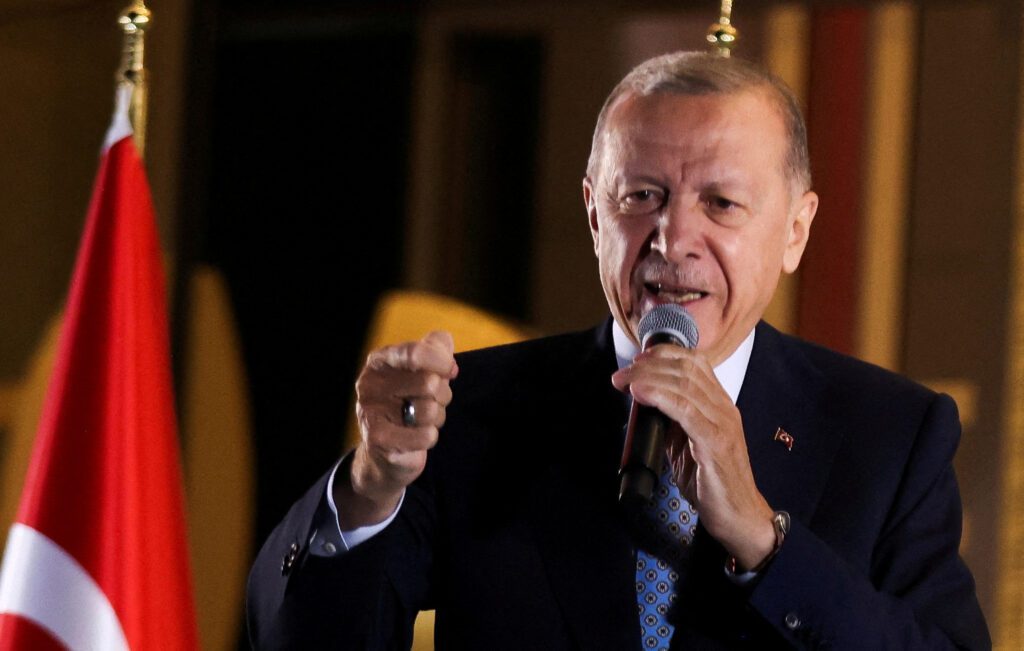Russia has decided to take a step back. A step that shakes the markets and lights up a big red light on global food security. The agreement in question is the one that even during wartime allowed the export of Ukrainian wheat across the Black Sea. An agreement that now seems destined to end up forgotten.
Wheat, a precious commodity
Wheat is not just any good. It is a fundamental element in the nutrition of millions of people around the world. And when Russia announced, hours before the deal expired, that it would not renew the Black Sea Grain Initiative, the world held its breath.
The agreement, mediated last year by the UN and Turkey (which remains optimistic, it must be said, about the resumption of negotiations) was a rare, indeed the only moment of diplomatic truce in the Ukrainian conflict, designed to avert a global food crisis.
A food earthquake
The news has obviously already caused the prices of wheat, corn and soybeans to shoot up. In particular, wheat futures are rose 3%, reaching the highest level since last June 28, when the contract was trading at 706,25 cents.
However, wheat prices currently remain well below the record levels of 1177,5 cents per bushel achieved last year. For how much longer?
Chronic crisis
The Initiative has been extended several times, amid growing discontent in Russia over perceived restrictions limiting the full shipment of its grain and fertilizer exports.
The Russian President Vladimir Putin he reiterated those grievances during a weekend call with the South African president Cyril Ramaphosa, stating (according to the translation of a Kremlin report) that the key objective of providing grain to countries in need, including those on the African continent, had not been achieved.
In essence, according to the Russian leader, wheat is not used in the countries most in difficulty (such as Somalia, plagued by child malnutrition) but diverted to European markets. From there, at least officially, the reasons for the breakup. For NATO countries, however, the Russian choice is just a "club" used for military purposes.

Wheat, a coup de grace
Whatever the real cause, Russia's withdrawal would be the final blow to an agreement that seemed destined to end anyway. UN data shows that grain shipments have been steadily declining since last January.
For this reason, investors were already preparing themselves in some way for such an eventuality, but they weren't completely ready. This move will be a blow to markets, price stability and grain needs across the developing world.
It is not a simple geopolitical chess game: when we talk about wheat, we are talking about bread, food, survival. And in this game, as always, the most vulnerable will pay the highest price.


